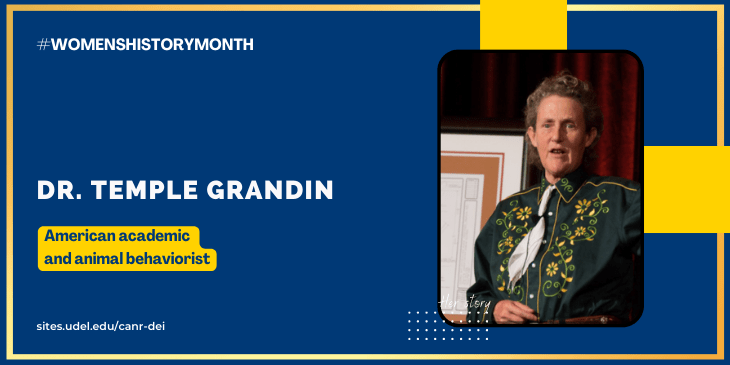Dr. Wangarĩ Muta Maathai was a Kenyan social, environmental and political activist and the first African woman to win the Nobel Peace Prize.
Maathai was the first woman in East and Central Africa to earn a doctorate degree. Wangari Maathai obtained a degree in Biological Sciences from Mount St. Scholastica College in Atchison, Kansas (1964). She subsequently earned a Master of Science degree from the University of Pittsburgh (1966). She pursued doctoral studies in Germany and the University of Nairobi, obtaining a Ph.D. (1971) from the University of Nairobi, where she also taught veterinary anatomy.
Dr. Maathai founded the Green Belt Movement in 1977 to plant trees across Kenya, alleviate poverty and end conflict. She was driven by a perceived connection between environmental degradation and poverty and conflict. “Poor people will cut the last tree to cook the last meal,” she once said. “The more you degrade the environment, the more you dig deeper into poverty.”
She mobilized Kenyans, particularly women, to plant more than 30 million trees, and inspired the United Nations to launch a campaign that has led to the planting of 11 billion trees worldwide. More than 900,000 Kenyan women benefited from her tree-planting campaign by selling seedlings for reforestation.
Wangari Maathai is internationally recognized for her persistent struggle for democracy, human rights and environmental conservation. She has addressed the UN on several occasions and spoke on behalf of women at special sessions of the General Assembly for the five-year review of the earth summit. She served on the commission for Global Governance and Commission on the Future. She and the Green Belt Movement have received numerous awards, most notably the 2004 Nobel Peace Prize.
Others accolades include The Sophie Prize (2004), The Petra Kelly Prize for Environment (2004), The Conservation Scientist Award (2004), J. Sterling Morton Award (2004), WANGO Environment Award (2003), Outstanding Vision and Commitment Award (2002), Excellence Award from the Kenyan Community Abroad (2001), Golden Ark Award (1994), Juliet Hollister Award (2001), Jane Addams Leadership Award (1993), Edinburgh Medal (1993), The Hunger Project’s Africa Prize for Leadership (1991), Goldman Environmental Prize (1991), the Woman of the World (1989), Windstar Award for the Environment (1988), Better World Society Award (1986), Right Livelihood Award (1984) and the Woman of the Year Award (1983). Professor Maathai was also listed on UNEP’s Global 500 Hall of Fame and named one of the 100 heroines of the world. In June 1997, Wangari was elected by Earth Times as one of 100 persons in the world who have made a difference in the environmental arena. Professor Maathai has also received honorary doctoral degrees from several institutions around the world: William’s College, MA, USA (1990), Hobart & William Smith Colleges (1994), University of Norway (1997) and Yale University (2004).
Comments closed



